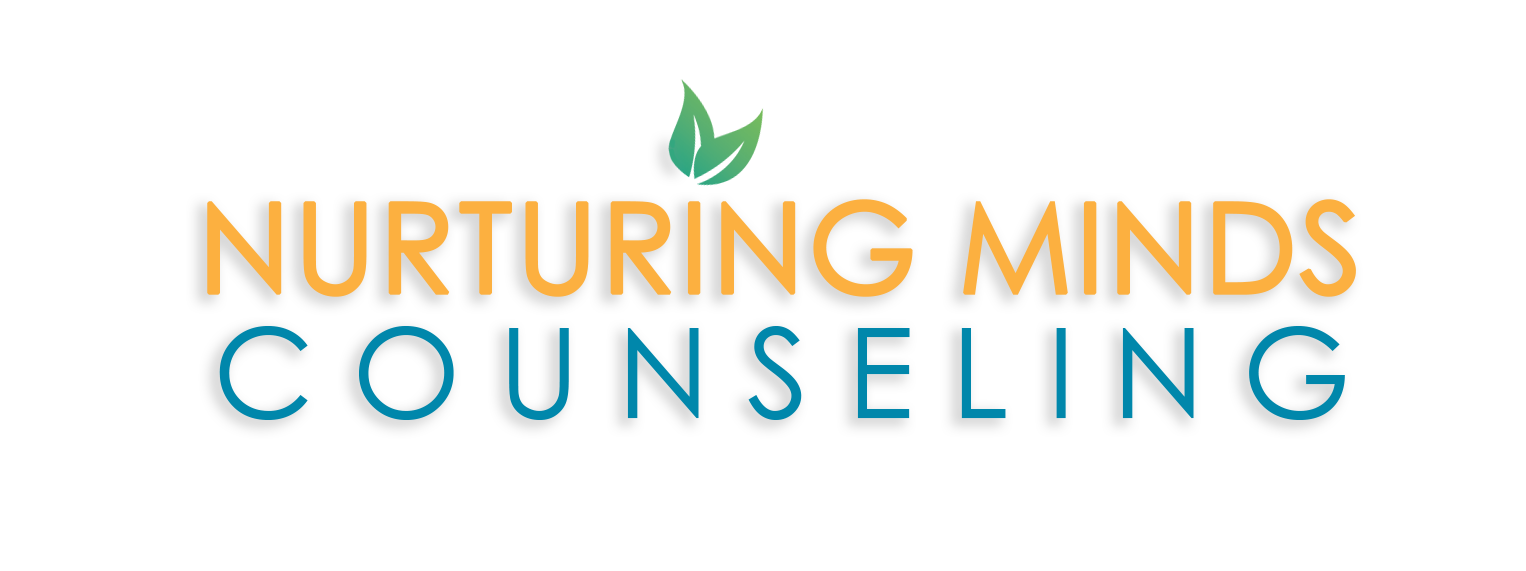Hi everyone! My name is Diana Garcia and I’m a Licensed Mental Health Counselor in Florida and founder of a private practice called Nurturing Minds Counseling.
We’ve been doing a Holiday Self-Care Series with 12 different tips to help you navigate the season with less stress. So far we’ve covered the following:
- Holiday Self-Care Series: Day 1: Three-minute breathing exercise.
- Holiday Self-Care Series: Day 2: Listing your triggers
- Holiday Self-Care Series: Day 3: Noting your specific thoughts.
- Holiday Self-Care Series: Day 4: Identify and label your emotions.
- Holiday Self-Care Series: Day 5: Allowing and validating your emotional experience
- Holiday Self-Care Series: Day 6: Opposite Action
- Holiday Self-Care Series: Day 7: Prioritizing Self-Care
- Holiday Self-Care Series: Day 8: Managing Personal Expectations
- Holiday Self-Care Series: Day 9: Letting Go of Comparison
- Holiday Self-Care Series: Day 10: Acceptance
- Holiday Self-Care Series: Day 11: Seeking Support
Holiday Self-Care Series: Day 12: Self-Compassion Break
We started off with a three-minute breathing activity, so I wanted to end with another mindfulness exercise but with a different focus. For today’s tips, we’ll be covering how to practice having a self-compassion break. Scroll down to keep reading the blog of watch the video below if you prefer that format.
Watch Video: “Holiday Self-Care Series: Day 12”
Read Blog: “Holiday Self-Care Series: Day 12”
If you’re not familiar with self-compassion, it encompasses three key components: mindfulness, common humanity, and being kind to yourself. Self-talk—how you communicate with yourself—is a crucial part of this process. For a deeper exploration of self-talk, you can check out this blog.
How to Practice a Self-Compassion Break
To begin this practice, think of a situation that feels stressful or has caused you pain. It could be something recent or a recurring stressor. If you’re just starting gout, I encourage you to steer clear of highly painful situations and start off with an everyday stressor or something more moderate in intensity. Eventually you can use it for all painful situations but for now, start with an easier situation.
Acknowledge Your Experience
Take a moment to reflect on this situation. Notice the feelings that arise—what sensations do you feel in your body? What thoughts cross your mind? The first part of the self-compassion break is acknowledging that this is a moment of suffering. You might say to yourself, “This hurts” or “This is stressful.” Recognizing your inner state is the mindfulness aspect of self-compassion.
Embrace Common Humanity
Next, remind yourself that suffering is a universal part of the human experience. You could say, “Everyone suffers, and I’m not alone.” This helps to alleviate the isolation that can come with difficult feelings. Remember, it’s not about comparing your struggles to others, but rather recognizing to be human means to suffer at times.
Be Kind to Yourself
Finally, engage in self-kindness. Place your hands over your heart and say something comforting to yourself, such as, “May I be kind to myself,” or “May I accept myself as I am.” If you struggle to find the right words, think about what you would say to a friend in a similar situation and offer yourself that same compassion.
As you move past the stressful situation you were contemplating, recap the process: acknowledge your feelings, embrace common humanity, and practice self-kindness. You can do this in your mind, out loud, or even as a written exercise. If placing your hands over your heart feels weird, then either let go of that part – use what feels right for you.
This self-compassion break is especially important during the holiday season when we may be harsher on ourselves or less aware of our emotional needs. It’s a moment to pause, breathe, and be gentle with yourself.
This is the final tip for the holiday season, and I encourage you to incorporate self-compassion breaks into your routine whenever you need them. Each of these tips was designed to provide you with tools to nurture your mental health during this busy time.
I hope that at least one or all of these tips have resonated with you and will support you as you navigate the holidays.
Check out these other resources to take care of yourself during the holiday season:
- Either of these Book Recommendations: The Mindful Path to Self-Compassion or Self-Compassion.
- Consider Individual Therapy if you need some more support during the holidays.
- If you need extra resources and supportive coaching instead of therapy, feel free to explore my coaching business. I’m here to help!
